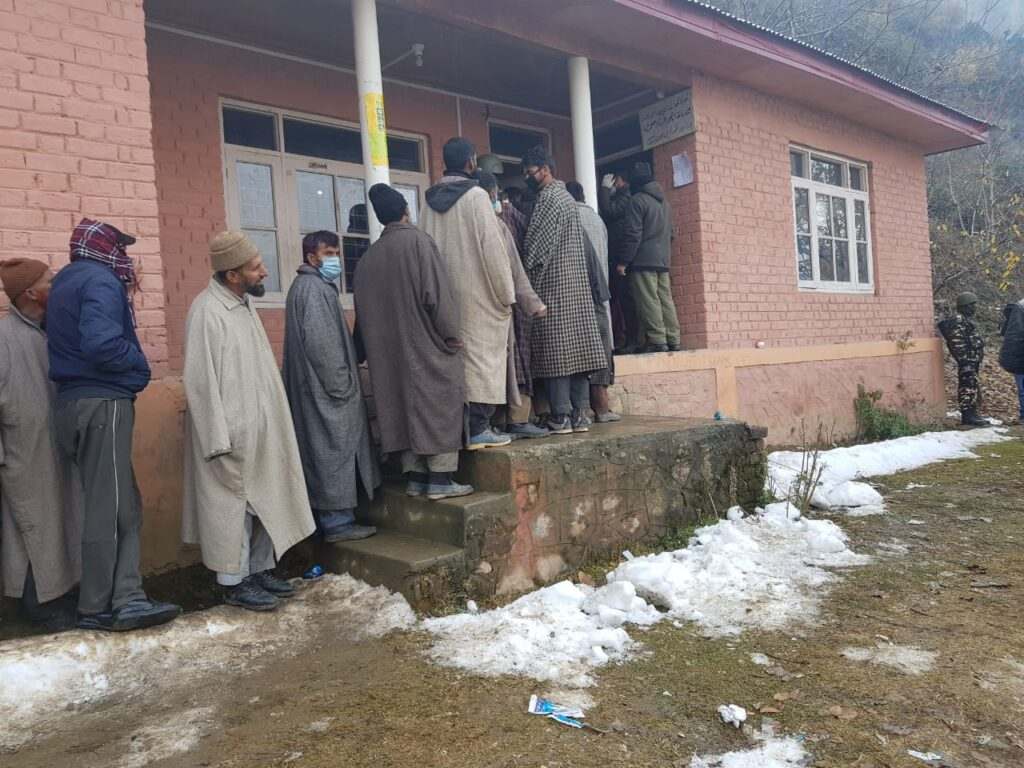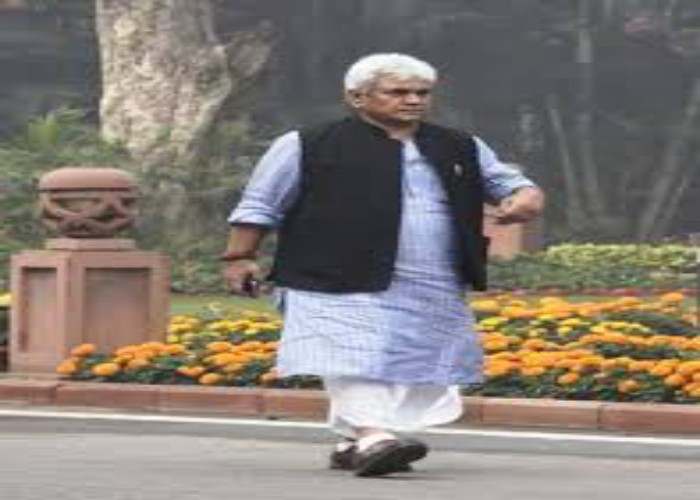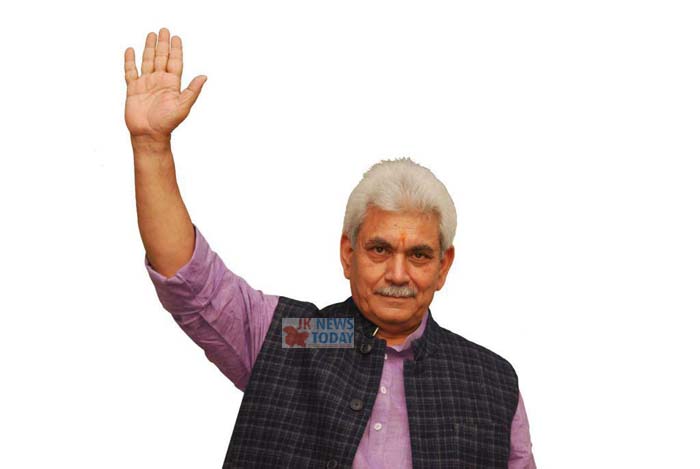JK News Today Special
Jammu, December 20:
It is first-ever polls in Jammu and Kashmir that has delivered its verdict even before the first vote has been counted – the just concluded first-ever District Development Council polls have laid a foundation of democracy ending a decades-long wait for the moment for the people.
This was not an easy task, but the tools of conciliation and democratic dialogue, which Lieutenant General Manoj Sinha had promised when he started his innings in the Raj Bhawan in Srinagar on August 7, made it possible. There was no violence, something very rare in the electoral history of Jammu and Kashmir, especially since 1989, and the state had such an atmosphere where even the parliamentary polls could not be held in 1991.

Manoj Sinha had unveiled his agenda of “development and dialogue with all the people” on August 7, and when the DDC polls concluded on December 19, the execution of his vision was complete, though, it is believed that he has many more steps in mind to propel Jammu and Kashmir as one of the most developed places on the map of India, with metro railways in Jammu and Srinagar cities. These two capital cities are about to acquire the smart city status.
The conclusion of the DDC polls- the counting of which will take place on December 22- has so many tales to tell.

It was the first-ever DDC poll in Jammu and Kashmir, where grassroots democracy was a peripheral context. The establishment of the yesteryear in the state- it is UT now following August 5 decisions in which the special status and statehood of J&K was dismantled, meeting demand of so many people in different parts of the erstwhile state- was more interested in preserving powers of the MLAs than watering the three-tier grassroots democracy. Let it be said with equal authority that even the Governors were not interested in pushing the governments for sowing seeds of the grassroots democracy for they wanted to keep the local political governments in good humour.
Now, it is apparent that the way the people have participated, their enthusiasm was a manifestation of their hopes pinned on the polls – the real taste of democracy. where they would know whom to contact for redressal of their grievances and not run to Srinagar or Jammu, where their erstwhile MLAs used to park themselves.
Apart from all this, what distinguished this election from the previous ones is that there was no boycott call by any of the groups. Those who had sought to revive the politics of slogans by assuring the people that they will not engage in any political activity unless they get back the special position of the state. These were signatories of the Gupkar Declaration, but when they sensed that their politics would be consumed by the slogans as there was a muted response to them – and the people will take part in the polls, they also decided to take part in the polls. It was a big climb down from their own brand of politics.
Pakistan did try to make attempts to cause disruption, but the valiant J&K police personnel and their leadership worked out a strategy to foil all the designs of the disruptive forces from across the border.
The democracy has won hands down, and since the man behind these elections and ensuring sanctity of the same is Manoj Sinha, the credit goes to him, but he was magnanimous to give it to others like a true leader.
It also delivered a clear message to the world that the abrogation of Article 370 and Article 35 A had spurred the democracy not reduced it. It is a celebration of voters and their victory facilitated by the UT government under the leadership of Lieutenant Governor Manoj Sinha. The moment of high relevance of people’s aspirations through democratic means that he brought to J&K on his watch is a new chapter in history.




